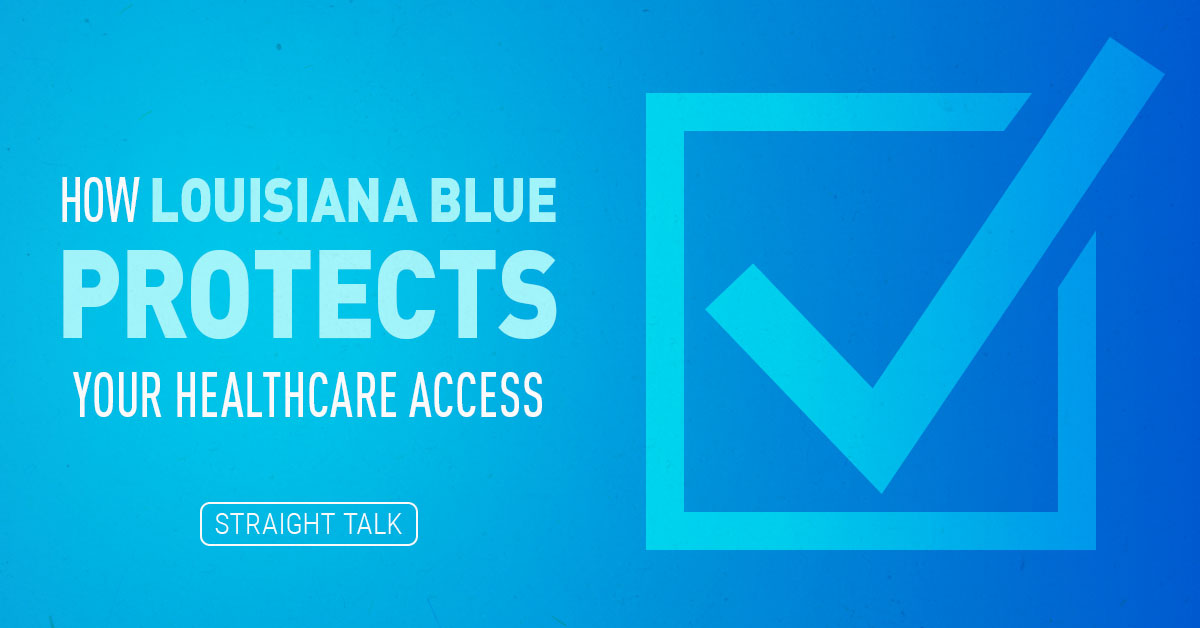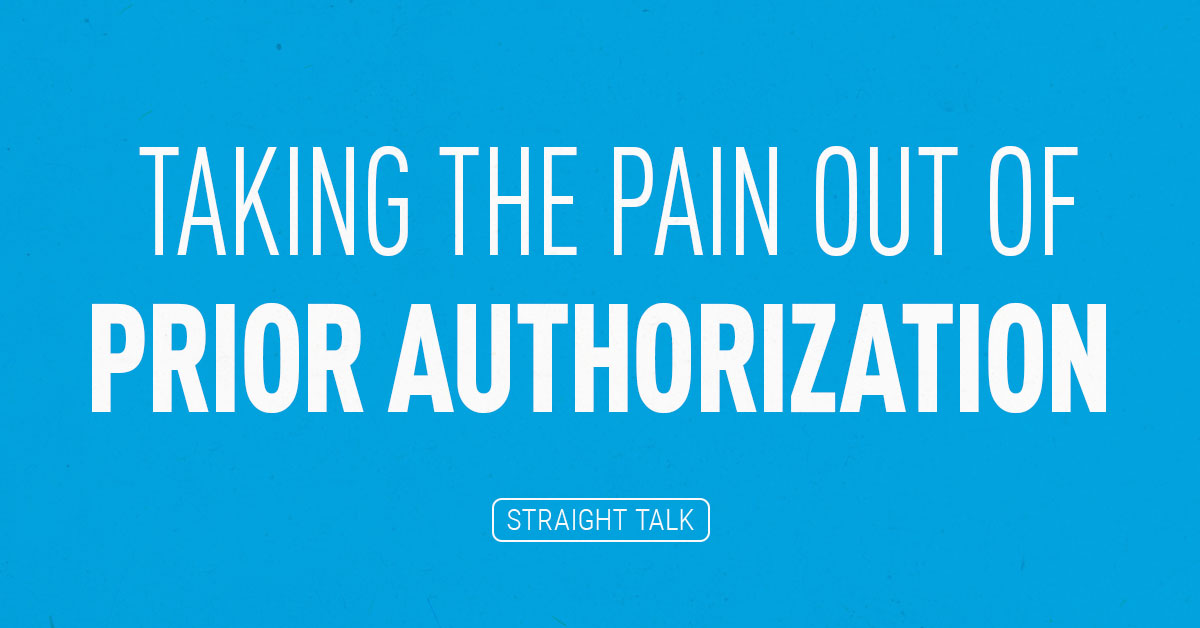I can’t help but wonder why the companies that manufacture automobiles ever came up with the “Check Engine” light. It’s just so… useless.
I’m driving along and the light pops on — BING! CHECK ENGINE.
When a modern car says, “Check Engine,” what it’s really saying is, “Sorry bub, you need to take this car to the dealership right away and let them hook it up to a machine that costs many thousands of dollars so it can talk to the computer in your car and see why it turned on your Check Engine light!”
Until you do that, no one on planet Earth knows what is wrong with your car. It might seem like it’s running just fine. And the LAST thing you are qualified to do as an owner or the person paying the notes is check the engine. Everything that happens after that is below the radar. It’s going to cost you a lot of money, there’s nothing you can do about it, and it’s all quietly going on where you can’t see it.
You know what’s also expensive and quietly going on below the radar since Jan. 1, 2014, and is still going on? The employer health insurance family glitch.
Healthcare’s “Check Engine” Light
The “family glitch” is a health insurance industry term used to describe a particular lack of protection for spouses and dependents when they are added to someone’s employer health plan.
You see, when Congress wrote the Affordable Care Act, the government (rather arbitrarily) broke up the employer insurance world into two big pieces. Companies with 50 employees or fewer (“full-time equivalents of labor” is the technical term) got one set of rules about how insurance was regulated, measured and priced, and companies with 51 employees or more got an entirely different set of rules.
Whenever an employee of a company with 51 employees or more gets an offer of health insurance from his company, that offer has to comply with a slew of federal rules, one of which is an affordability standard. The employer has to guarantee that the employee’s offer of coverage won’t cost that employee more than 9.83% of his gross income out of pocket. This effectively puts a cap on how much an employer can force employees to contribute to their health insurance and helps keep that coverage affordable.
That same law also says that an employer at the company with 51+ employees MUST offer coverage to an employee’s dependents as well. That sounds great, but there are two significant gaps in this part of the law that have never been fixed. First, the term “dependents” does not include spouses in the legal definition. So, large employers are not required to offer health coverage to their employees’ spouses under federal rules. As if that wasn’t bad enough, the employer coverage that dependents can get has NO AFFORDABILITY TEST. In other words, if the employer wants to charge an employee 100% of the cost for his dependents’ coverage, that employer can do so.
To make matters worse (yep, they can get worse!), the ACA also says that once an employee’s dependent gets an offer of coverage through an employer, no matter how expensive or shabby it might be, that dependent is immediately disqualified from getting ANY help when purchasing health insurance on healthcare.gov. Even if they could get better coverage way cheaper than the employer is offering. No help, no tax credits at all. The mere offer of coverage from an employer to a dependent is enough to disqualify the dependents from getting financial help to shop for coverage. That’s because in the ACA, there are no rules or standards about the price or quality of healthcare coverage that an employer has to offer to dependents or spouses of the employees.
The “Check Engine” Light Is Still On …
And to make matters even worse (sorry there’s more!), on April 1, 2021, The American Rescue Plan Act (ARPA21) went into effect, which made those same tax credits on healthcare.gov dramatically larger and available to folks with much higher incomes. This potentially makes individual coverage on the federal marketplace MUCH better coverage for dependents. And the affordability standard on healthcare.gov is now 8.5% of someone’s gross income, meaning coverage there should be even cheaper.
But, ARPA21 did NOTHING to help those dependents who are stuck with an offer of employer coverage that is far beyond what they can likely afford. And, employers are doing nothing illegal by making dependents pay 100% of the cost, if that’s what they want to do. There’s also STILL no legal requirement to offer dependent coverage to employees’ spouses. Those are the gaps in the Affordable Care Act, which, as of this writing, remain unaddressed.
These gaps in coverage and regulation have come to be known as “the family glitch.” You probably never heard of it, but it is keeping millions of people from getting affordable coverage.
Like a federal “Check Engine” light, there’s nothing you can do about it. It’s expensive and flying totally below the radar.
Straight Talk is, I think it’s about time we woke up a few people and got a fix for this “family glitch,” don’t you think? You don’t even have to lay it on employers who are being really stingy; you can simply loosen the rules to let dependents and spouses shop on healthcare.gov – which, by the way, would be fewer members on the employer’s plan. That could potentially lower the employer’s costs by having fewer people to cover. It’s the least we can do at this point to make healthcare coverage more affordable for more people.





I always enjoying reading your (Straight Talk) views. You surely have a way with words and the way you brake down all the different circumstances.
I know the dependents do have a high price to pay.
I may not reply on your conversations, but I do read as many as I can. Thanks,
John!
I’m very touched that you are reading Straight Talk and taking the time to help us spread the word. Don’t worry about commenting, the fact that you are reading and that our Straight Talk method is working for you is enough for me! Thanks so much for your support!
Cheers!…mrb
Thanks again, Mike B., for sharing your knowledge! I just had this conversation with an employee of a group I work with – yes, very unfair! Keep up the Straight Talk~
THIS!!! Thank you for bringing more attention to this trap that my family and 5 million more Americans are in. I love your comparison to the lurking unknown of major car troubles, spot on! I have posted on several blogs about this issue and wrote to Rachel Maddow hoping she might cover the topic.
We are desperate to have this fixed. My husband has $1500 a month taken out of his pay check to insure our family. That leaves $400 a week take home pay. I work 2 jobs without benefits. When I do the math, we are paying more than 28% of our gross household income for health insurance. How can a family stay afloat with this glitch in the ACA?!?
No wonder people choose to go without insurance or pass on employment opportunities that would potentially help them achieve financial goals, but in reality sets them back further than if they had remained on subsidized ACA.
I am a cancer survivor with a genetic mutation, so passing on insurance is not an option. I am certain there are many more people like me who need the legislation fixed so we can stop digging ourself out of a hole. Thank you again for your contribution. Let’s keep our fingers crossed that this will be addressed in the next few months so we can purchase through the Marketplace before enrollment closes in September.
Tina! Thanks so much for your kind comments! It still boggles my mind that Congress ignored this “glitch” in 2010, again in 2013, and are still ignoring it today! There is no reason for it, other than they are trying, without any legal requirement at all, to force employers to pay more towards their employees and dependents health insurance! Yet in the ACA, they put 0 requirements on them to do so!
To make matters worse (and you know I love my Louisiana) national studies I’ve seen put Louisiana businesses at the BOTTOM in the amounts they contribute (in % terms) towards their employee’s dependents healthcare. So you’re probably experiencing the family glitch more intensely, and more often, in Louisiana than any other state!
I’m so sorry you guys are going through this. Might be time to write our legislators again and remind them of this? Just a suggestion.
Hang in there!…mrb